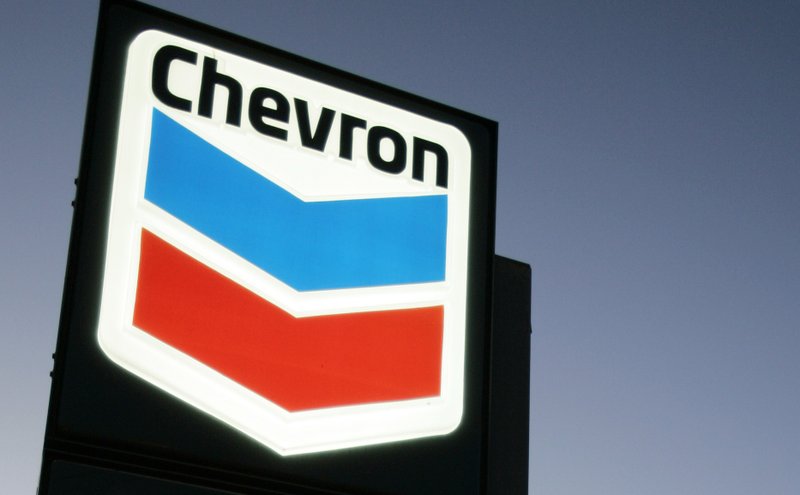Chevron Buys Majority Stake in Utah Hydrogen Storage Project
(Reuters) — U.S. oil major Chevron Corp. on Tuesday said it has acquired a majority stake in the world's largest proposed storage facility for hydrogen from renewable energy.
U.S. majors Chevron and Exxon Mobil are rushing to lower production costs and bring scale to the technology as part of their lower carbon fuel strategy.
Chevron bought the stake in ACES Delta from private equity firm Haddington Ventures. Last year, the Delta, Utah project received the first U.S. Department of Energy loan for clean energy in nearly a decade, of $504 million.
ACES Delta is a joint venture between Mitsubishi Power Americas and Magnum Development. The financial terms of the deal were not disclosed.
Chevron wants to develop "a large-scale, hydrogen platform that provides affordable, reliable, ever-cleaner energy,” said Austin Knight, vice president of hydrogen, Chevron New Energies.
Hydrogen is seen as a key technology to meet the world's net zero emission ambitions by 2050 as it produces water vapor instead of greenhouse gas emissions when burnt as a fuel.
High costs for production, transportation difficulties and lack of infrastructure limit usage of hydrogen as an energy source.
Hydrogen can also be used to store energy and used to adjust seasonal supply and demand needs in power grids.
The facility will use electrolysis powered by wind and solar to produce hydrogen, which will be stored and dispatched from solution-mined salt caverns.
The first project for the acquisition, designed to convert and store up to 100 metric tons per day of hydrogen, is under construction and is expected to enter commercial-scale operations in mid-2025, Chevron said.
Low-emissions hydrogen production worldwide in 2021 was less than 2,700 tonnes per day – with practically all of it coming from plants using fossil fuels with carbon capture, utilization, and storage, according to the latest edition of the International Energy Agency's Global Hydrogen Review.
Chevron currently produces approximately 1 million tonnes per year of hydrogen through its traditional business. It is spending an average of $1.25 billion per year through 2028 to reduce its own emissions and expand lower carbon fuels including hydrogen.
Related News
Related News

- Keystone Oil Pipeline Resumes Operations After Temporary Shutdown
- Freeport LNG Plant Runs Near Zero Consumption for Fifth Day
- Biden Administration Buys Oil for Emergency Reserve Above Target Price
- Mexico Seizes Air Liquide's Hydrogen Plant at Pemex Refinery
- Kinder Morgan Declares Force Majeure on West Texas Gas Pipeline After Fire
- Venezuela Proposes Alternative Payment Plan as Weak Bids Surface in Citgo Auction
- Baker Hughes Wins Contract for Huge Aramco Gas Expansion Project
- Enbridge Picks Contractors for Great Lakes Tunnel Project, Securing Line 5 Pipeline Route
- Russia's Gazprom Sees Worst Loss in Decades as European Gas Sales Collapse
- Shell Nigeria Inks $100 Million Gas Pipeline Deal with Oyo State





Comments